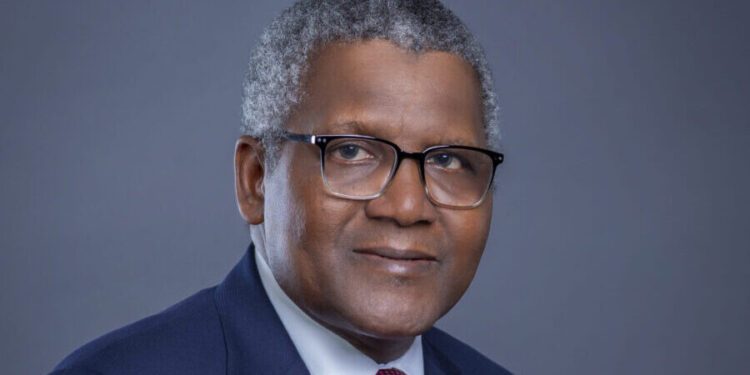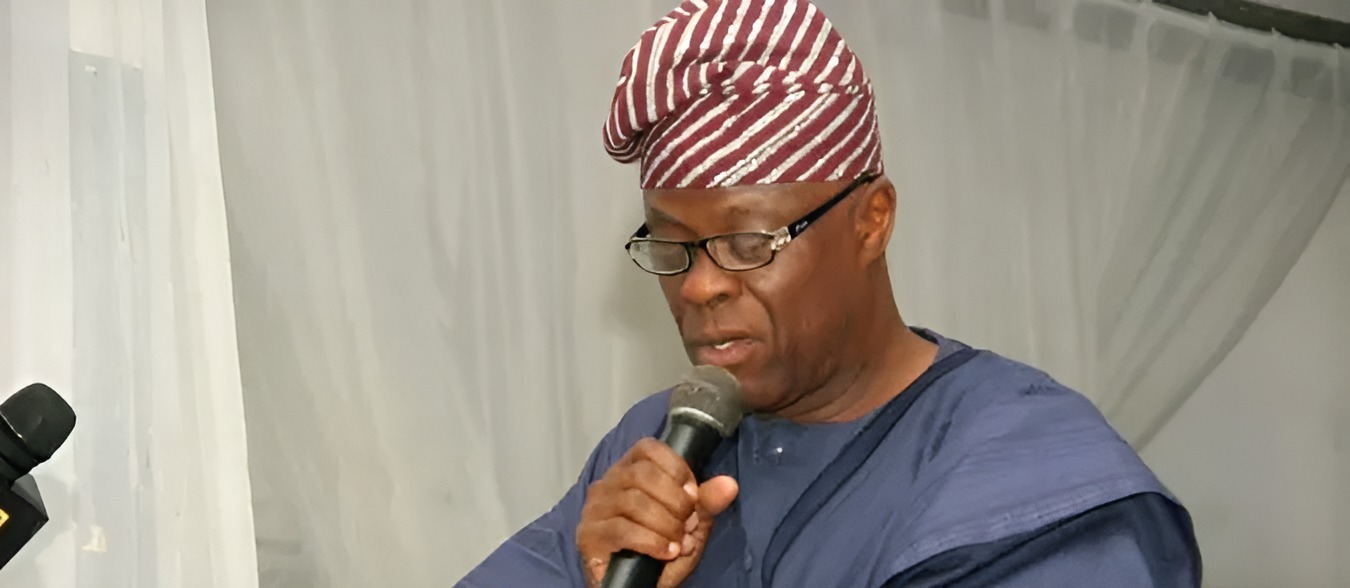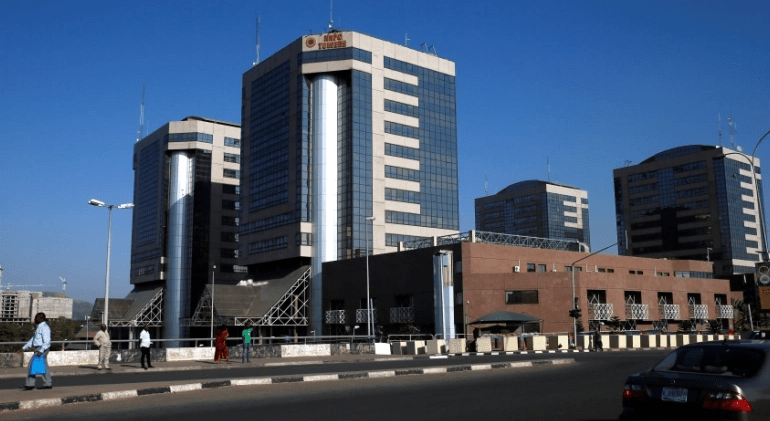Nseobong Okon-Ekong reports that the Lagos State Lottery and Gaming Authority has introduced SafePlay, a centralised, state-mandated self-exclusion system, which allows individuals to voluntarily exclude themselves from all licensed gaming platforms in Lagos, for periods ranging from a few months up to permanent bans
In a significant move to address the growing concern of gambling addiction, the Lagos State Lotteries and Gaming Authority (LSLGA) has launched SafePlay, a digital self-exclusion tool designed to help punters manage their gambling behaviour.
Unveiled on August 6, 2025, at Ikeja, the platform is the first of its kind in Nigeria. It is a unified, state-backed solution aimed at reducing gambling-related harm.
At the core of SafePlay is a simple yet powerful idea: to give gamblers the ability to opt out of betting activities for a defined period across all licensed operators in Lagos. Once a user initiates it, every connected gaming platform must enforce the restriction. During this period, excluded users must also not receive promotional messages or marketing materials. SafePlay is developed and managed by Safegaming Technologies for LSLGA, a company founded by Mr. Kayode Lawal, who also serves as its CEO.
“This is not just a regulatory requirement. It is a human-centred solution that puts the well-being of the punter first,” said Mr. Bashir Are, CEO of LSLGA, during the launch event. “We are proud to introduce this tool as part of our broader commitment to building a responsible, ethical, and inclusive gaming ecosystem.”
SafePlay is a centralised, state-mandated self-exclusion system introduced by the Lagos State Lotteries and Gaming Authority. It lets individuals voluntarily exclude themselves from all licensed gaming platforms in Lagos, for periods ranging from a few months to permanent bans.
Notable features: Proprietary to Lagos, it unifies protection across operators, prohibits promotional outreach during exclusion periods, and ties into support services for those in need of assistance.
How it compares to global counterparts
1. United Kingdom – GamStop
Scope: Free, centralised online self-exclusion covering all UK-licensed online gambling platforms.
Mechanics: Users sign up for six months, one year, or five years. Operators must comply with the law. It recently added a five-year auto-renewal option to bolster long-term protection, with over half a million registered users .
Limitations: Only covers UK-licensed sites; users can still access overseas platforms.
2. Sweden – Spelpaus
Scope: Covers all licensed online and land-based gambling, including slot machines in venues.
Mechanics: Users can self-exclude for one, three, or six months—or indefinitely (with an initial 12-month lock-in period). UI prominently features tools for self-test, deposit limits, and exclusion across all operators—via a universal player profile.
Scale: Over 100,000 people enrolled as of 2023—a substantial portion of Sweden’s 10 million population.
3. Germany – OASIS
Scope: Covers licensed online casinos and sportsbooks nationwide.
Mechanics: Standard self-exclusion typically lasts one year, with a minimum period of three months. Enrollment prevents access across the covered online ecosystem.
4. Denmark – ROFUS
Scope: Covers both online and physical, licensed gambling operations.
Mechanics: Users can choose from three to five years, with the option to extend the term. It also provides access to helplines and support tools.
5. Italy – AAMS / ADM Scheme
Scope: Available for both online and offline lottery and casino operations under national licensing.
Mechanics: Flexible terms, including temporary and lifetime bans; revocation typically requires a written application after a set period.
6. Australia – BetStop
Scope: National registry covering online and phone-based wagering.
Mechanics: Launched August 2023, allows a three-month minimum up to lifetime bans. Operators must check against the registry and block access accordingly. Early adoption: 18,000 users within six months.
Challenges & Expansion: Calls are being made to extend coverage to retail betting, keno, and lotteries, citing compliance gaps and recent enforcement controversies.
7. Canada & US (various)
In Canada, provincial self-exclusion schemes, such as Ontario’s My PlayBreak, as well as counselling-supported services, are available in Alberta and British Columbia.
The United States: Some states, such as Ohio, offer centralised self-exclusion programs that cover casinos, racinos, and sports betting. Massachusetts and New York also offer voluntary self-exclusion programmes.
Key Insights & Takeaways
Strong Alignment:
SafePlay mirrors international best practices—particularly centralisation, multi-operator coverage, and flexibility in exclusion periods.
Unique Positioning: While many schemes focus on online gambling, SafePlay’s coverage of all regulated platforms aligns more closely with Sweden’s Spelpaus.
Potential Areas for Growth: Introducing auto-renewal features, publicly prominent tools for self-monitoring (like Sweden’s UI structure), or broader coverage (e.g., phone/retail) could further strengthen SafePlay’s impact.
Global Trend: Many jurisdictions now view self-exclusion as a core component of responsible gaming, seeking to integrate it into licensing, awareness campaigns, and operator obligations.
Stakeholder Voices at the Launch
From the operators’ side, Kayode Kolawole, the Responsible Gaming Officer at Bet9ja, remarked that responsible gaming is intrinsic to sustainability.
Kolawole said, “We are partnering with SafePlay because we believe that responsible gaming is the duty of all… it leads to the sustainability of the industry.”
The presence of addiction support organisations, civil society groups, and licensed operators at the launch signalled a growing consensus to tackle the issue collectively.
“This tool speaks to the future of regulation. Data-driven, humane, and inclusive,” noted Gift Tuadibofia, Executive Secretary of the Association of Nigerian Bookmakers.
LSLGA’s CEO, Abiola Bashir, emphasised the authority’s pioneering stance in Nigeria.
Bashir stated, “We are proud to be the first subnational authority in Nigeria to implement a comprehensive self-exclusion program… tools like SafePlay help operators move beyond damage control.”
A unified, state-wide approach
Historically, self-exclusion was fragmented—handled separately by each operator. SafePlay introduces a single, enforceable standard across the entire licensed gaming sector, streamlining compliance and elevating protection. Licensed operators in Lagos are now required to integrate SafePlay into their platforms as a prerequisite for maintaining their operating licenses.
Driven by well-being, not revenue
Beyond regulatory duty, SafePlay centres on ethical oversight. The tool is designed to prioritise well-being, offering a person-first approach to regulation. Integrating third-party support services ensures individuals struggling with gambling-related issues receive guidance and psychological support during their exclusion period.
A strategic regulatory success
SafePlay represents a transformative turn in how gaming is regulated in Lagos. By creating a centralised, state-mandated self-exclusion mechanism, LSLGA not only raises the bar for responsible gaming practices but also eases the administrative burden on operators.
As Lagos continues to position itself as Africa’s gaming regulatory bellwether, SafePlay sets a high standard—where technology, regulation, and mental health converge to protect the citizenry.
The post Bridging Local Innovation with Global Standards: SafePlay Meets the World appeared first on THISDAYLIVE.




